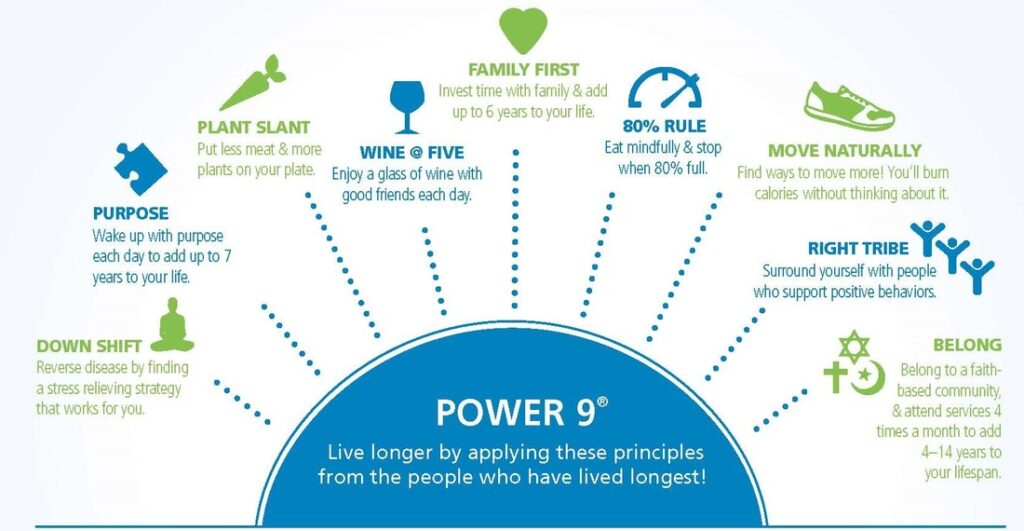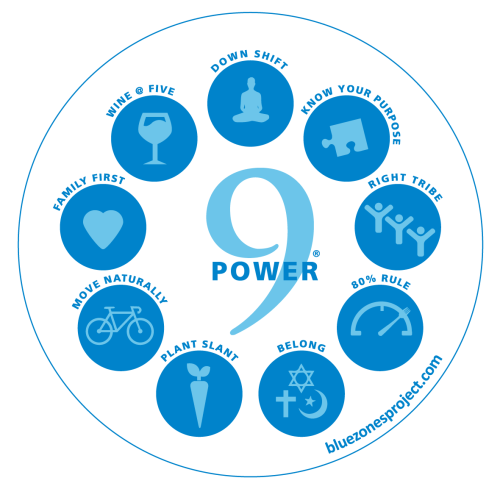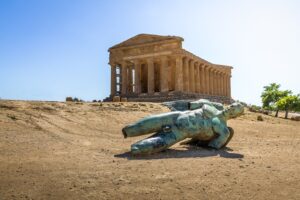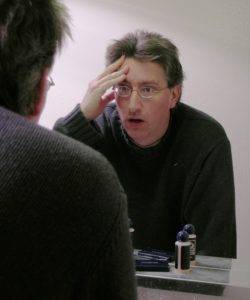Catholic business leaders are called to be counter-cultural because we are reminded often that although we are in the world, we are not of the world. John 15:19.
Speaking of counter-cultural, my wife and I just watched the first episode of a Netflix docuseries called “Live to 100: Secrets of the Blue Zones”. According to the docuseries, Blue Zones are regions of the world where people tend to live longer, healthier lives than the global average due to their counter-cultural approach to living their lives.
This concept has been explored and studied decades ago called Positive Deviance. Vietnam faced a significant challenge with childhood malnutrition, particularly in rural areas. Traditional approaches to address malnutrition were not yielding satisfactory results. Researchers identified families with similar socio-economic backgrounds, with the same resources where some children were well-nourished while others were malnourished. Here’s an article about that study: https://positivedeviance.org/case-studies-all/2018/4/16/the-vietnam-story-25-years-later – Spoiler alert, the families of the well-nourished children did some things that were counter to their local culture.
They prepared and ate fresh foods with medicinal properties (e.g. foods that contain antioxidants).
They ate foods with caloric density (more food mass fewer calories) consuming an average of 2000 cal/day. For comparison, the average American consumes 3600 (mostly empty) calories per day.
The concept of Hara hachi boo. This translates to “8 out of 10”. They stop eating when their stomach is 80% full which allows them to be satiated without being stuffed.
They maintain balance through exercise and movement. They move a lot – hours per day. They tend to their gardens – they fill and lift watering cans, weed the gardens, and take walks. A leading cause of death of the elderly who are sedentary is losing their balance and falling.
Moai – They have a circle of close friends who are available to support each other in good times and bad.
Ikigai – This translates to their personal mission or contribution to the world. This sense of purpose is the main factor in the spiritual health of centenarians. In the show, they mention that if they lose our ikigai they will die. Oknowans have no word for retirement. They are always working even if it is taking care of their gardens. They keep their minds and bodies engaged and their bodies moving. The centenarians of Okinawa are imbued with this sense of purpose – they know they have value in society.
Viktor Frankl said essentially the same thing in Man’s Search for Meaning when he wrote about his time in a German Prison Camp that “the prisoner who had lost faith in the future – his future – was doomed. With his loss of belief in the future, he also lost his spiritual hold; he let himself decline and became subject to mental and physical decay. Usually, this happened quite suddenly, in the form of a crisis…”

Counter-Cultural, Simple
Takeaways from the First Episode
-
1. Eat fresh food with medicinal properties
-
2. Eat foods with caloric density
-
3. Stop eating before you are full
-
4. Exercise Daily
-
5. Build a community of friends who support each other
-
6. Know your purpose in life
Click here for more info about Blue Zones.
So what does this mean for the Catholic business owner? The takeaways above are in the order presented in the docuseries but the order of importance should be flipped.
Nothing else matters unless your life has a purpose. Our purpose, of course, is to know, love, and serve God (point #6) and to love our neighbor (point #5). The other four points are great in that they help us to live a healthy, long life while we live out our vocation on earth. (points 5 & 6)




